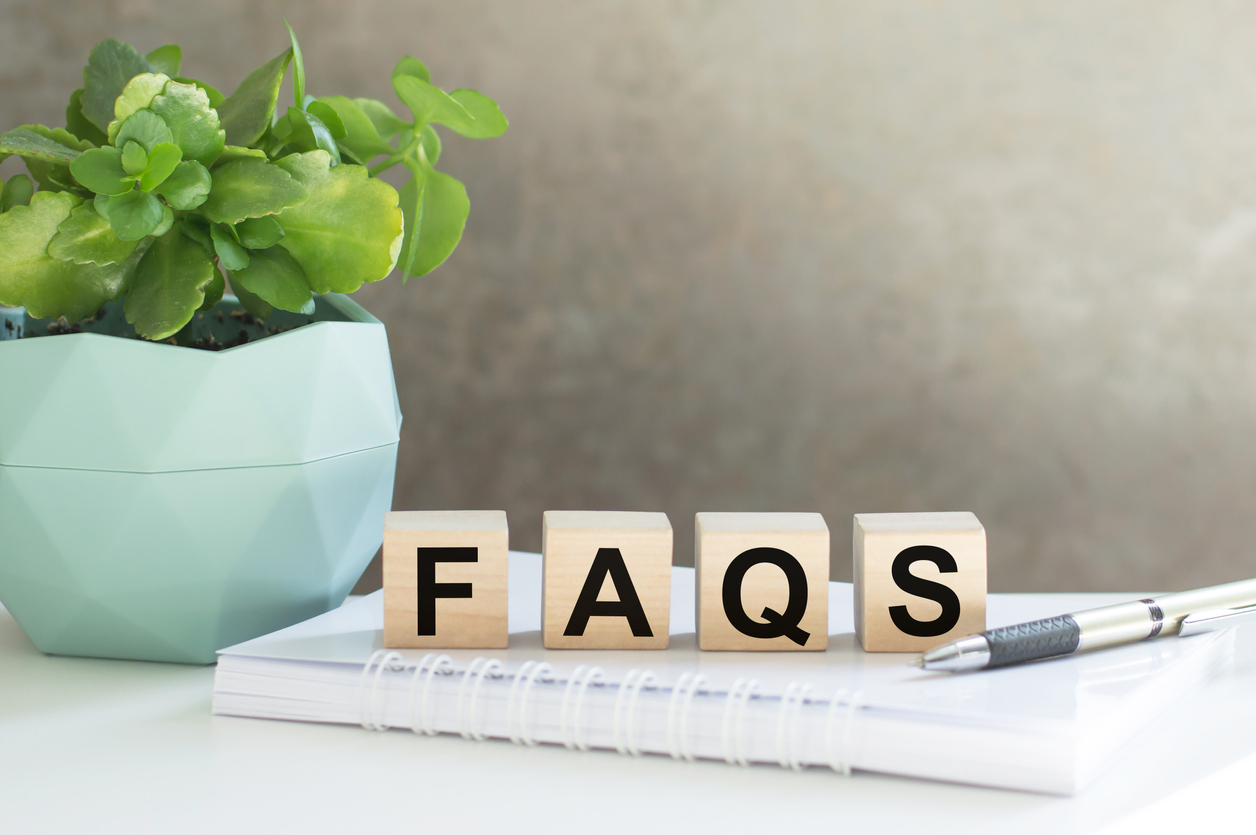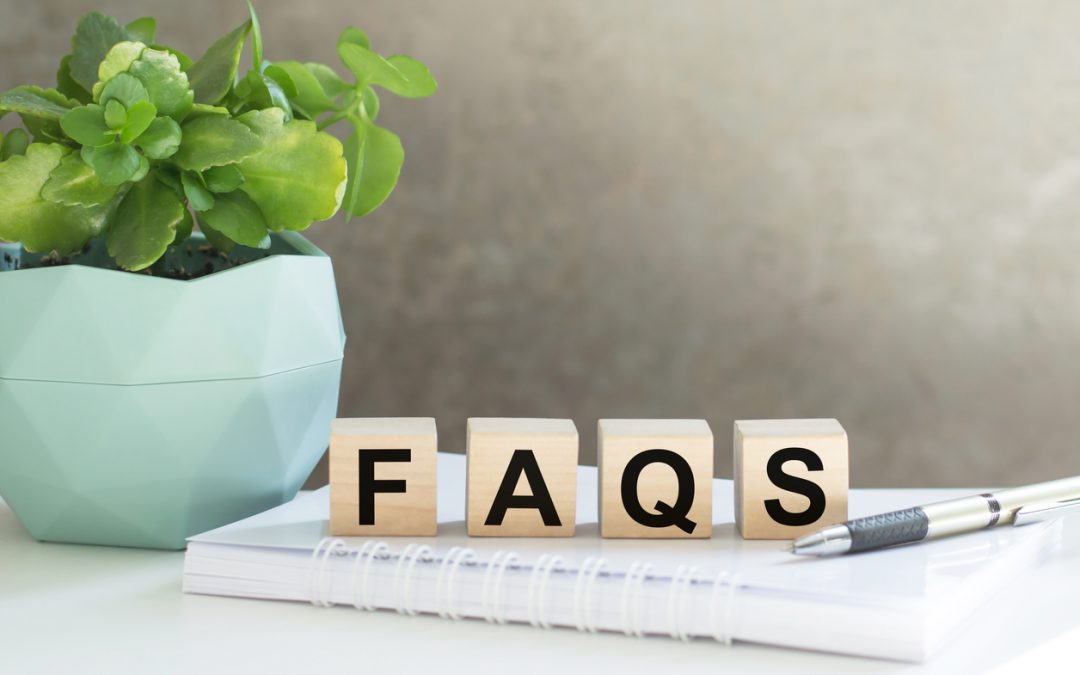
And answers for 2022
With over 100,000 members who are at or near retirement, the Retirement Essentials’ Customer Service Team answers a LOT of questions on a weekly basis.
Given that nearly 70% of Australians are on a full or part Age Pension, many are concerned with entitlements and making sure that they don’t miss out on what is owed to them.
Some of the questions arise in the comments posted on articles on our website. Others come up during consultations on Age Pensions applications, changes in circumstance or consultations about specific rules.
All are equally important to our team.
We asked the Customer Services Team leader, Steven, to choose the five most commonly asked questions across the course of 2022. And to share some quick answers. Here’s his response, where possible followed by links to articles which explain the detail more fully.
1. Account-Based Pension versus Accumulation?
Many members are wrestling with the need to declare details of their superannuation and income streams when making an application for an Age Pension. In particular they worry whether an Account-Based Pension will be treated differently to one which is still in the accumulation phase. Specifically, they often ask us which one is better to get a higher pension entitlement?
Answer:
It makes absolutely no difference to Centrelink; both these investments are assessed in exactly the same way.
MORE: How an Account-Based Pension works
2. Claiming as a single or couple?
We often hear members ask, given their partner is under age Pension age, is claiming as a single the correct way to start the Age Pension process?.
Answer:
Incorrect. Your single OR couple status is determined by whether or not you are in a relationship, not who is eligible and therefore applying. So if you have a partner they need to be declared and their income and/or assets will have an impact upon your claim too. This may not be as bad as it sounds, as if they are younger than Age Pension age and their super which is still in accumulation phase, their super is not viewed as part of your assets by Centrelink.
MORE: Single or couple – how Centrelink views your relationship
3. Asset reductions with a mortgage
With more and more retirees leaving work while still paying off a home loan, it helps to clarify how assets are designated. One question we are asked a lot is whether the mortgage against a primary residence offsets your super balance?
Answer:
Nopity nope, says Steven. Centrelink does not take liabilities off assets and assess the net result. The total value of your assets is what counts in their eyes. And remember that the family home remains exempt from any assets valuation, so the mortgage against this home is not actually relevant in this case.
4. How much are personal contents worth?
We love our possessions and so can often value them much more highly than others might – or than we need to for Age Pension purposes. ‘How should I value my personal contents?’ is a question we are frequently asked.
Answer:
The best rule of thumb is to strip out sentiment and value your personal contents at garage sale value. This amount is generally no less than $10,000, but usually no more than $30,000. Remember, you are not being asked the insured or replacement value, but the amount you would receive if you had to sell in a garage sale tomorrow. Ensuring that this amount is realistic means many people who have previously overvalued their possessions in an application can review this information and see if it makes a difference. You can check for yourself on our free eligibility calculator.
MORE: How to value your personal assets
5. Getting backpay from Centrelink
Often members will come to us and decide that they are finally ready to apply for an Age Pension, having previously delayed this process. They sometimes say, ‘I have been eligible for years, now I’m ready to press the button, so how much back pay will I get?’ It’s then they can discover they have missed out in a big way.
Answer:
You only get back-paid to the date when you first lodged the claim. This is often not the date you became eligible. Our best advice remains to get onto an application as soon as possible – For the Age Pension you can actually submit your application up to 13 weeks before you reach Age Pension age.
As we said, a lot of these questions have quick and easy answers, if you know the rules. But if you are struggling with an application or re-evaluation, then a phone consultation in which we can answer all your questions and finalise your application may be the best solution. If you are interested in this you can book here.



Hello All You Good Folk…
Festive Greetings to you too. Thanks for all the information that you look to disseminating; it’s highly useful, and can gainsay misapprehensions in a conclusive way.
One thing I wanted to ask, for the moment, is what appears to be a Centrelink makeover in the town (Mt Barker SA) where I live. What has been the longstanding venue of the agency, now is vacated and lies empty.
Some might facetiously ask the question : so, what’s the difference then?
That would be petty, wouldn’t it, and have to be called out.
‘Centrelink’ has moved to new premises, and is now flagged as ‘Service Australia’. Modes of operation had altered this year at the old premises and this latter incarnation seems to have changed somewhat again.
Is the agency in the throes of a national refurbishment ,which will be its character, hereafter, in the fullness of time; or is Mt Barker’s recent change a pilot endeavour that will inform the efficacy of a nationwide overhaul? Or should I just come out of my cave now and again to take aboard the happenings in the wider world; developments that are and have been obvious to everyone who dwells in sunlight?
Your communications are still referencing ‘Centrelink’ and not ‘Service Australia’… will 2023 visit the official rebranding of the erstwhile government entity? The logo associated with the change in Mt Barker looks something like a large white arrow.
It’s a little unfortunate that in the new premises the arrow is positioned all but juxtaposed to a corridor leading to some public toilets, and could be confusing in its directional purpose. As awareness grows, however , of what and where ‘Australia Service’ is ,the possibility of such confusion will be eliminated, so to speak.
There you are then, query registered; you may well be astounded that I should need to have asked at all. Surely this is common knowledge.
Cheers (Xmas ones)… Happy New Year too,
Hi My pension was cancelled because I was working and earning too much to receive a pension.ergo they cancelled it. Do I have to apply again and go through the whole process? or is there an easier way.
Hi Glenn, thanks for reaching out! You are correct, once your pension is cancelled you do need to lodge a new claim and provide new supporting documents. In case you hear otherwise, in some instances a pension may only be suspended (not cancelled) and suspended pensions can be reactivated. Based on your situation your pension would have been cancelled though and a new claim will be required.
Getting back pay from Centrelink doesn’t work. You’re right there.
However, some of your readers might like to know that, if you have delayed your application for a UK pension, you can get paid your entitlement from the day you became eligible. This can be as a lump sum or an increased regular payment.
I am an older Australian with the following personal circumstances:
At my age of 78 years old, I am grateful to my employer for retaining me as one of their cleaners. Due to my deteriorating health (suffering from asthma, under BP maintenance and the worst is knee pain problems), may I seek for your kind opinion how can I avail of some support from Centerlink if I can no longer continue working.
Hi Jesus, thank you for seeking our assistance! I have removed some of your personally identifiable information from your original comment to protect your privacy. I will send you an email separate to this comment with the various services we offer for you to review and decide how you wish to proceed.